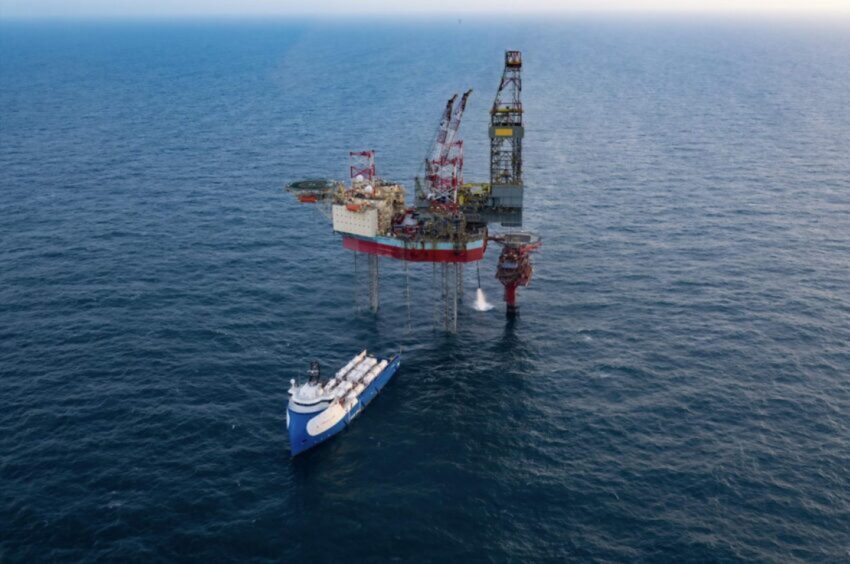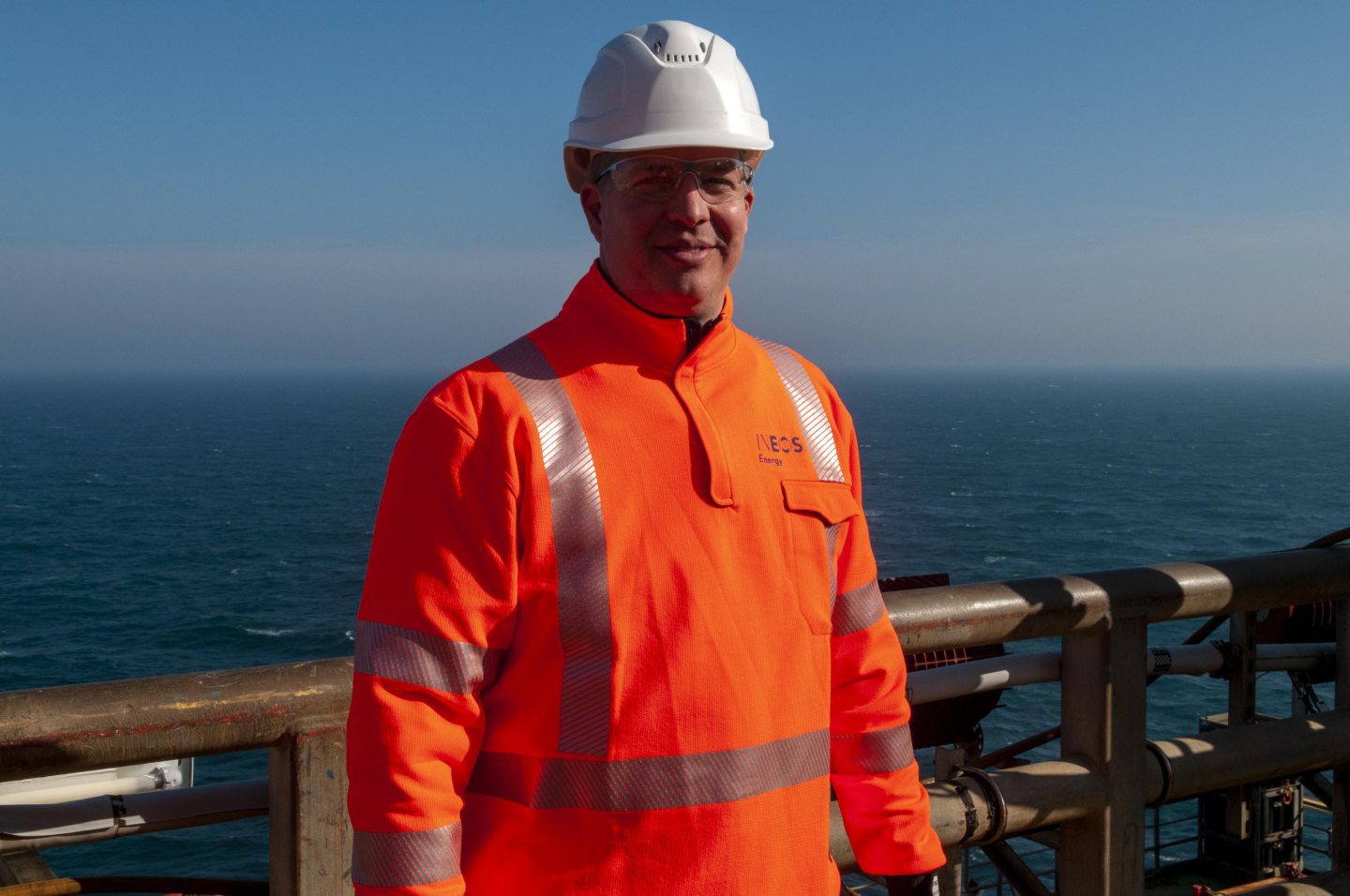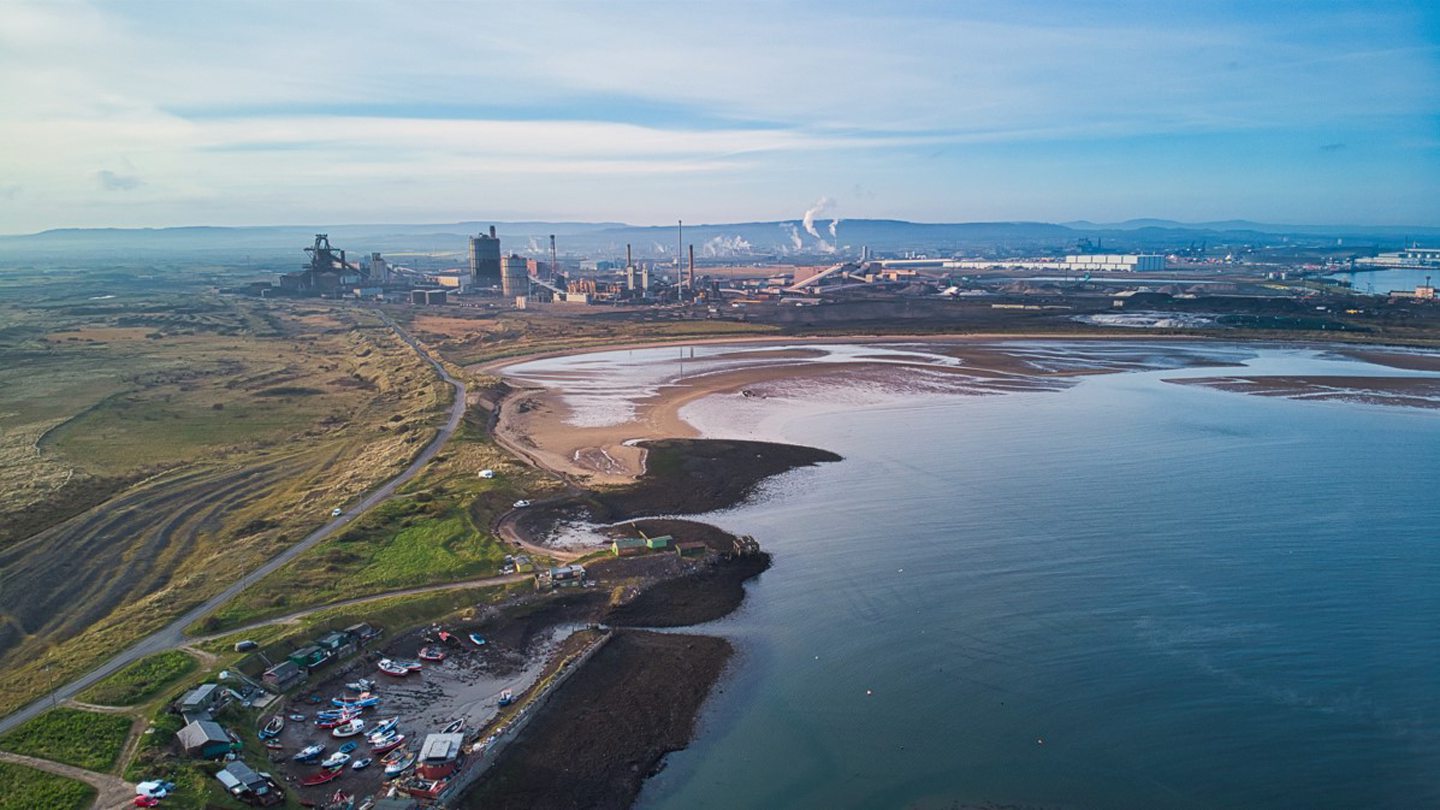
Grangemouth co-owner Ineos and Harbour Energy (LON:HBR) have reached a final investment decision (FID) on the Greensand Future carbon storage project in the Danish North Sea.
The FID paves the way for a close to $150 million (£118m) investment in the “first full-scale” carbon storage project in the EU after the completion of a pilot phase in September.
Greensand will see the firms, alongside partner Nordsøfonden, store CO2 from Danish industrial emitters in the Ineos-operated Nini depleted oil field.
Ineos said it aims to initiate operations at Greensand by the end of 2025 or early 2026.
Ineos chairman Sir Jim Ratcliffe called the investment a “breakthrough” for the carbon capture and storage (CCS) industry.
“Greensand Future will be the first CO2 storage facility in operation in the EU supporting both Danish and EU’s climate objectives,” Ratcliffe said.
The project aims to capture and permanently store 400,000 tonnes of CO2 each year before gradually expanding storage capacity towards 2030.
Ineos said Greensand has the potential to eventually store up to eight million tonnes per annum (Mtpa), and incorporates the “full industrial CCS value chain built on a scalable platform”.
Ineos Energy head of Denmark Mads Gade said the project sends an “important message” to European emitters that large-scale capture projects “can be done”.
“Last year we were the first in the world to succeed in developing a value chain for safe and efficient capture, transport and storage of CO2 across national borders,” Gade said.
“Now we are proud to take the next step, building on the learnings from the pilot and aiming to deliver a fully operational commercial project by end 2025/early 2026”.
Carbon storage sector moves ahead
The European Commission estimates the EU will need to establish CCS capacity of more than 250 Mtpa by 2040 to keep its Paris climate agreements in reach.
Captured CO2 in the first phase of Greensand Future will be liquified at Danish biomethane production plants and transported to the port of Esbjerg.
It will then shipped to the Nini field in the Danish North Sea for permanent storage 5,900 ft (1,800 m) below the seabed.
Denmark’s North Sea neighbour Norway is also moving closer to completing an operational CCS facility at its Northern Lights project.
The UK is also advancing its CCS plans this week with the award of its first ever carbon storage permit to a £4 billion TotalEnergies and Equinor joint project.
Located off the coast of Teesside in northern England, the Northern Endurance Partnership (NEP) expects to begin injecting CO2 into the seabed in 2028.
The NEP forms part of the East Coast Cluster, one of two ‘track-1’ clusters selected by the UK government alongside HyNet in north west England.
Earlier this year, the Labour government confirmed £22bn in funding for the track-1 projects over the next 25 years.
But there are concerns over a lack of funding clarity for the so-called track-2 clusters, including Viking CCS in the Humber and Scotland’s Acorn, and later stage projects.
And while the UK is focusing its strategy on domestic decarbonisation, there are concerns it could miss out on potential revenue from cross-border CO2 shipments.
Denmark and Norway are focusing their CCS strategies on shipments from EU neighbours after securing agreements with Belgium, the Netherlands and Sweden.
A recent decision by Germany, Europe’s largest economy, to allow CCS has also boosted projects like Greensand, Northern Lights and Iceland’s Coda Terminal.



